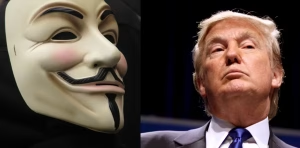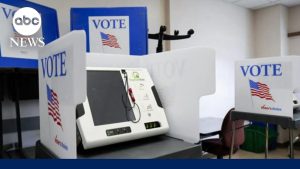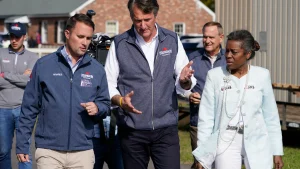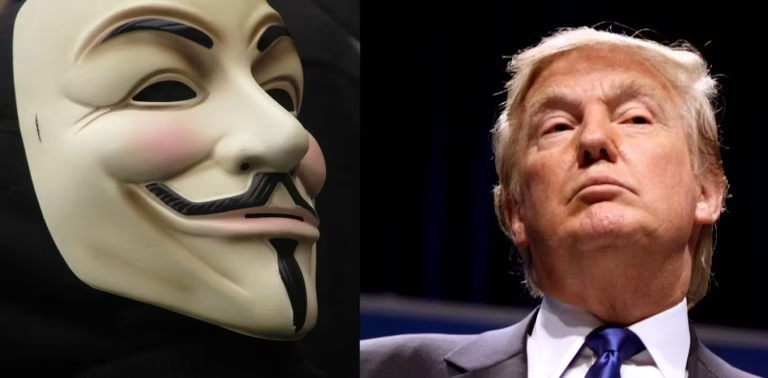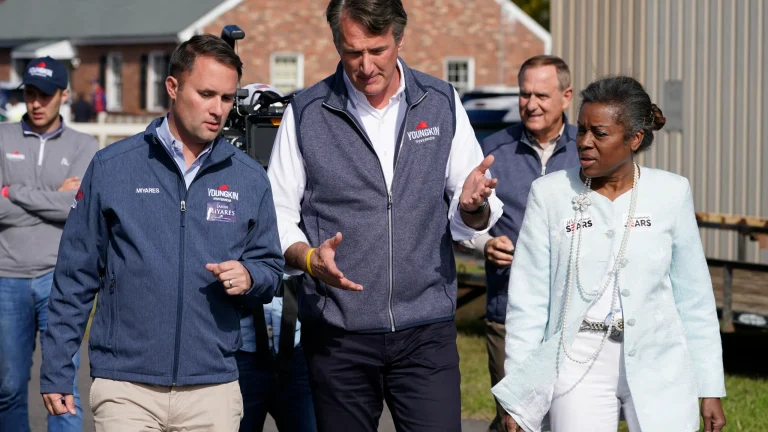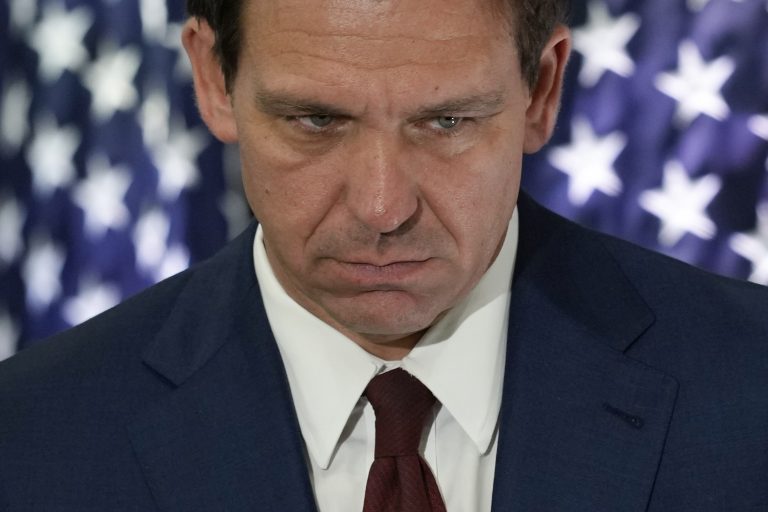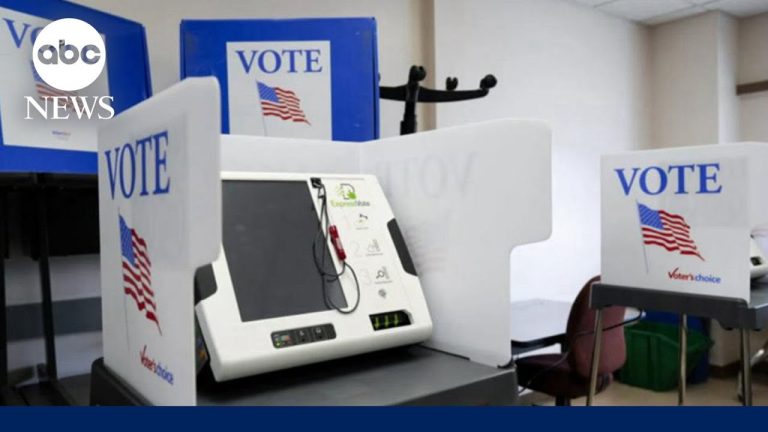Conservatives applauded the Citizens United ruling. But now GOP candidates are feeling the heat.
Editorial
January 14, 2012- When the Supreme Court handed down its 2010 decision in Citizens United vs. Federal Election Commission, reaction tended to break along familiar lines: Conservatives saw it as an affirmation of free speech, while liberals warned of the effects of lifting restrictions on corporate contributions to campaigns. (The political reaction mirrored the court's own split, which was 5 to 4, with the more liberal justices dissenting.)
If contributions are a form of speech, conservatives reasoned, then the Constitution can't permit restrictions on speech by corporations — or unions, for that matter — any more than it can on individuals. Liberal critics, meanwhile, rejected the idea that corporations had the same free-speech rights as individuals and bewailed the rush of spending that the ruling would permit.
So how delicious it is that the impact of Citizens United in the current presidential campaign has been to cut down one Republican candidate and to turn on a second.
In Iowa, Restore Our Future, a "super PAC" that supports Mitt Romney and is run by former Romney aides, spent nearly $2.7 million, far more than Romney's campaign spent there. Like other super PACs, Restore Our Future is a vehicle for political influence made possible, in part, by Citizens United. Those PACs are committees that can take unlimited amounts from donors and spend the money on political campaigns as long as they don't coordinate their work with the candidates themselves. Much of Restore Our Future's spending in Iowa was dedicated to attacks on Newt Gingrich, who did not take kindly to the money and advertising unleashed against him. Gingrich accused Romney of lying when he denied any coordination with Restore Our Future, but his complaints had little effect and the super PAC did its work well. Gingrich was at 33% in the polls when Restore Our Future started putting money into the race; he was at 13% by the time the caucuses occurred. Gingrich finished fourth.
Gingrich stumbled again in New Hampshire, though Romney's prohibitive lead and five-year campaign there had made him in effect unbeatable. And now the candidates turn to South Carolina. There, Gingrich looks to benefit from the same type of spending that destabilized him in Iowa. This time, the super PAC is Winning Our Future (apparently Romney and Gingrich backers have in common a commitment to the "future"), and it is devoted to advancing Gingrich's campaign. Winning Our Future got its big boost last week when Sheldon Adelson, a billionaire casino operator who thinks highly of Gingrich, donated $5 million to the PAC, which quickly unleashed ads in South Carolina denouncing Romney for being, of all things, a rapacious businessman. Had Adelson donated directly to the Gingrich campaign, he would have been limited to a $5,000 contribution; instead, he was able to donate 1,000 times that amount by giving it to a PAC that supports Gingrich. This may make sense in the world of the Supreme Court; on the ground, it looks an awful lot like a distinction without a difference.
It didn't have to be this way. In deciding Citizens United, the court could have confined its ruling to the facts before it. Instead, it swung for the fences (let's hear it for "conservative judicial activism") and set out to make sweeping new constitutional law. It achieved that, and unleashed this new torrent of money in politics.

